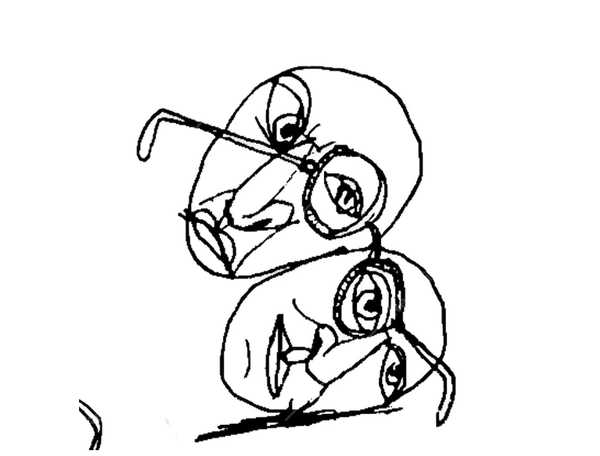Like many viewers of the opening ceremony of the Paris Olympics, I was struck by the inclusion of what seemed to be a camp pastiche of the Last Supper. After controversy began to swirl around this odd spectacle, however, a phenomenon that has become quite familiar in recent years unfolded: A slew of “experts” helpfully informed us that we mustn’t believe our lying eyes. As good citizens, presumably, we ought to pipe down and inform others that “actually, it’s a bacchanalian feast,” and thank our lucky stars that we avoided being a weird deplorable.
Lately, it seems there isn’t a segment of life that hasn’t been further sliced up and handed out to a burgeoning class of specialists who eagerly instruct us that, “actually,” the way we eat, how we behave, or how we respond to this or that in the current news cycle is simply “low-information.”
“Sociologists have not so much studied intellectuals as remarked on their decline.”
The rise of the “expert” has paralleled the depreciation of another figure for whom it might be confused: the public intellectual. For decades, sociologists have not so much studied intellectuals as remarked on their decline. Oft-cited exemplars of this type, from Hannah Arendt to Christopher Hitchens, have few equivalents today. Intellectuals bring distinctive, idiosyncratic outlooks to bear on the broader, abstract questions of social life—questions that often transcend disciplinary boundaries. Experts, in contrast, present their knowledge as impersonal, specialized, and practically applicable. In contrast to public intellectuals, they often operate behind the scenes, called upon to solve technical problems or comment on specific matters.
